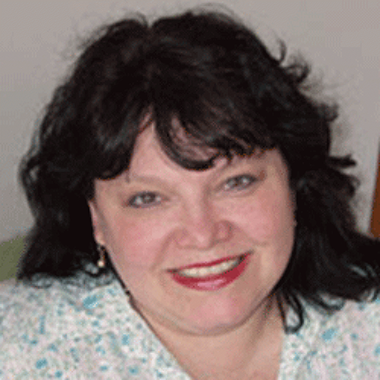MUHC in the Media - September 16, 2024

Living donors: safer than what you would think
A young man from Montreal is looking for a living kidney donor to save his life. Patricia Hooker of the MUHC living donor clinic says that the clinic is with the donor and recipient every step of the way. Learn more in this report from CTV News Montreal.

The elderly still take too many potentially inappropriate drugs
A new study by Dr. Emily McDonald, Scientist in the Infectious Diseases and Immunity in Global Health Program at the RI-MUHC and Associate Chair, Quality and Safety at the MUHC, shows that despite some improvements, potentially inappropriate medications are still heavily prescribed to seniors in Canada and some are on the rise. La Presse, City News

It's allergy season!
Ragweed season has barely begun, and already noses are starting to run. What differentiates this symptom from a cold is that it's usually accompanied by itching, explains Dr. Christine McCusker, Director of the Pediatric Allergy and Immunology Division at the Montreal Children's Hospital. CJAD 800

Back-to-school: what viruses are currently circulating?
The back-to-school season has just begun, and with it comes its share of contacts between children... and diseases! We're currently at the end of a whooping cough outbreak, notes Dr. Earl Rubin, Director of the Infectious Disease Division at the Montreal Children's Hospital. CBC

Quiet, we're eating!
Some schools impose silence on children at lunchtime. And yet, talking during meals helps them to eat more slowly and better sense satiety signals, says Dr. Julie St-Pierre, a pediatrician at the Montreal Children's Hospital. 98.5 FM

Seniors are more at risk of becoming victims of web fraud
Seniors are often less at ease on the web and more vulnerable to fraud, as they tend to be more trusting and have more difficulty, in general, spotting dishonest or manipulative behaviour on the part of fraudsters, explains MUHC psychologist Jennifer Russell on CJAD.
